Tags
Discrimination
-
Pastor Accused of Blasphemy
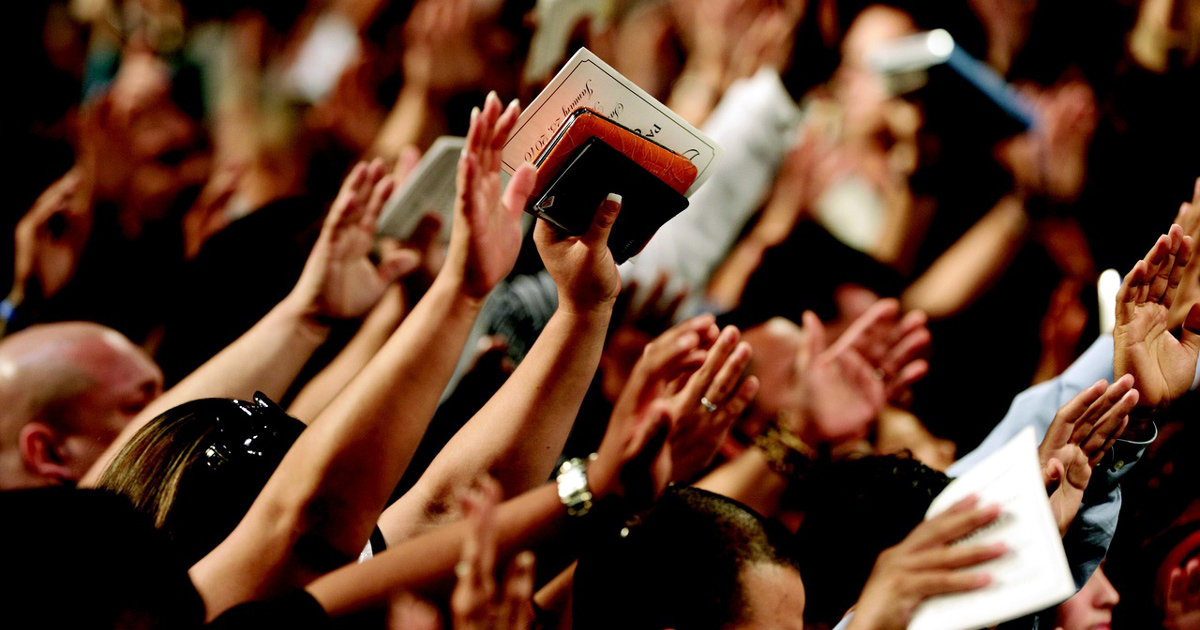
During a recent Sunday sermon, Pastor Gilbert Lumoindong made mention of Islamic prayer and compared the practice of almsgiving with Biblical tithing. After being posted online, the sermon quickly gained attention on social media. According to Jumzar Rahman, who serves as the head of the South Sulawesi Arimathea Forum, offence was taken by some Muslim viewers. "The video hurt us," he states. "We Muslims feel offended." Consequently, two complaints were filed with the police, claiming that Pastor Gilbert had blasphemed against Islam.
-
New Regulations Bring Tighter Restrictions

Flags of Vietnam and the Communist Party of Vietnam.
Photo: Wikipedia / Vuong Tri Binh (cc)With the release of Decree 95, which took effect on March 30th, Vietnamese governing officials declared that the new regulations they were instituting would ensure freedom of belief for all people within the country, enhancing the responsibilities of individual agencies and organizations. The decree expands on the "Law on Belief and Religion" that was implemented in 2018, which outlines additional policies and procedures regulating religious activities in Vietnam.
-
Russian Forces Charge Another Church Leader
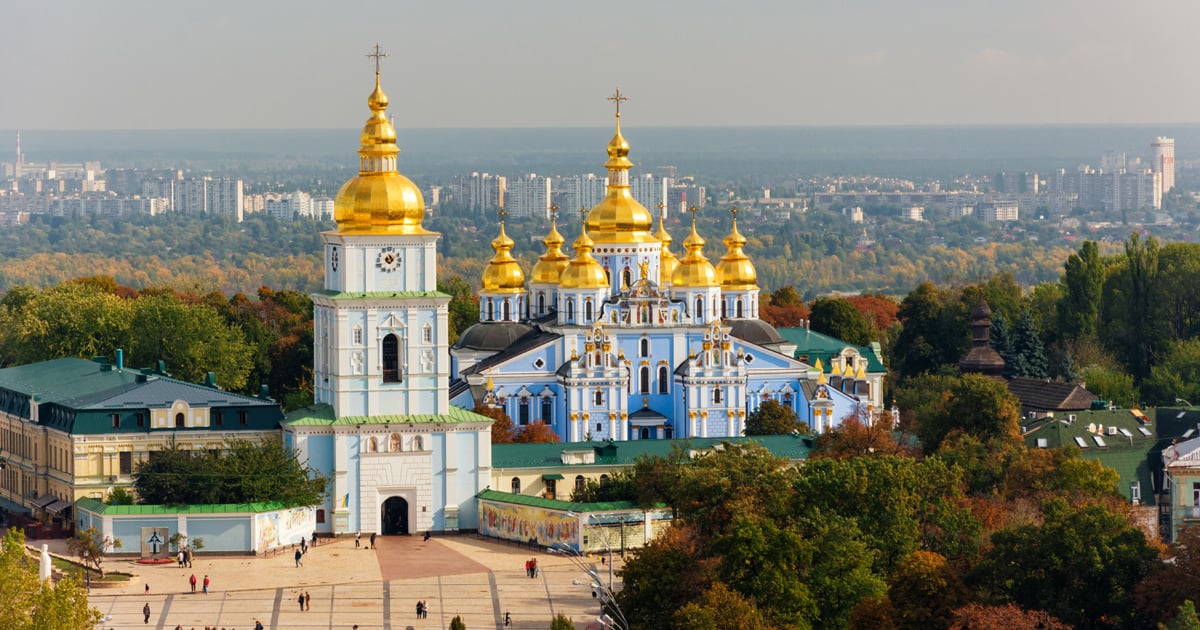
An "Orthodox Church of Ukraine" monastery.
Photo: Wikipedia / Rbrechko (cc)In May 2023, Father Kostiantyn Maksimov, a priest from the Ukrainian Orthodox Church, was taken by Russian occupation forces. Several other religious leaders have either been killed, tortured or reported missing after being detained by members of the Russian forces.
-
Increased Difficulties for Christians
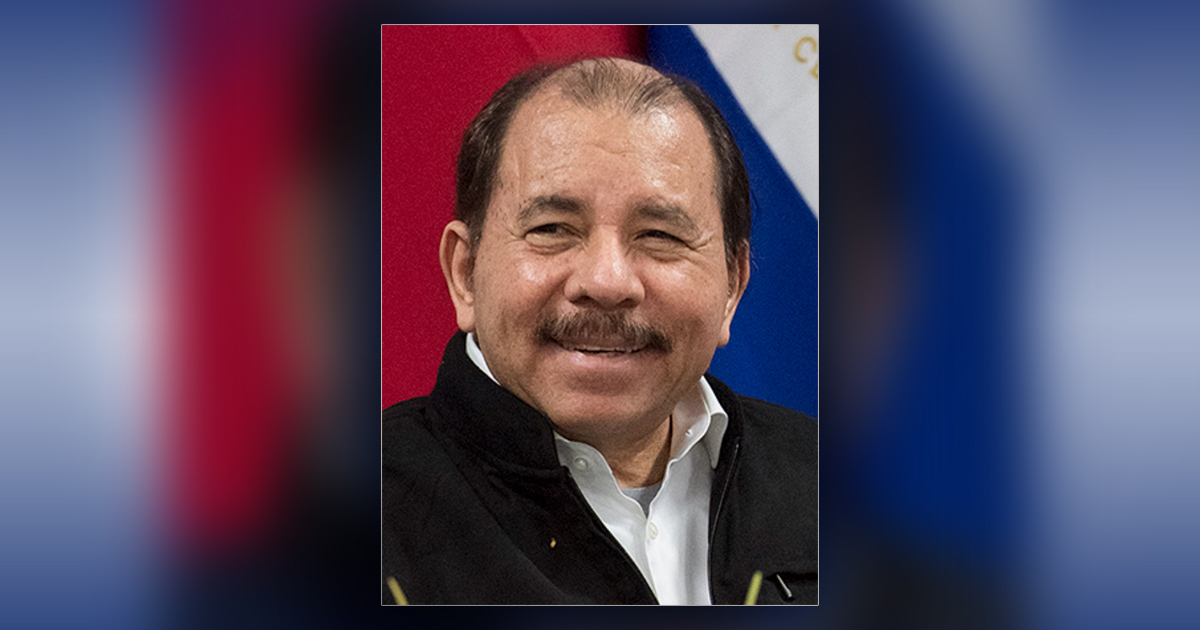
President Daniel Ortega
Photo: Wikipedia / Office of the President,
Republic of China (Taiwan)Under the regime of President Daniel Ortega, life for Christians in Nicaragua has become increasingly difficult. Many Catholic priests have been detained, often for being overtly opposed to the abusive actions committed by the country's governing authorities. During the last week of December alone, nine priests were detained.
-
Rape Victim Pressured to Drop Charges
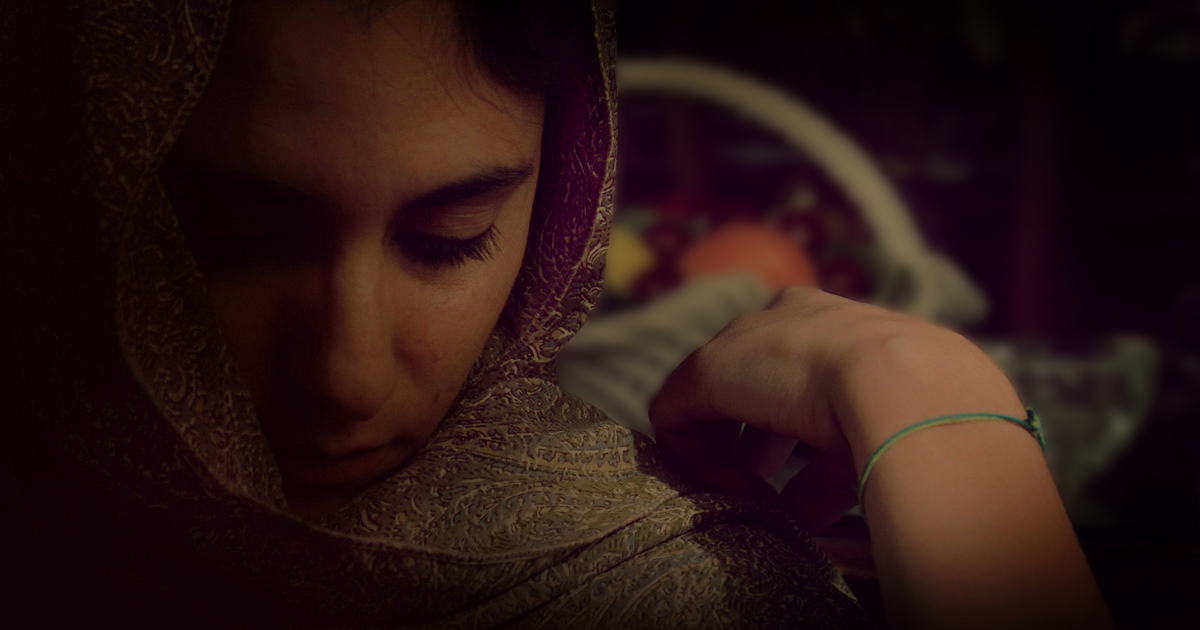
Pray for Pakistani women who are constantly under threat. Two men have been arrested for repeatedly sexually assaulting a Christian woman and blackmailing her after recording the ordeal. The 26-year-old woman, who remains unnamed, has been facing pressure to drop all charges against her assailants.
-
Christians Arrested for Leading Children in Worship
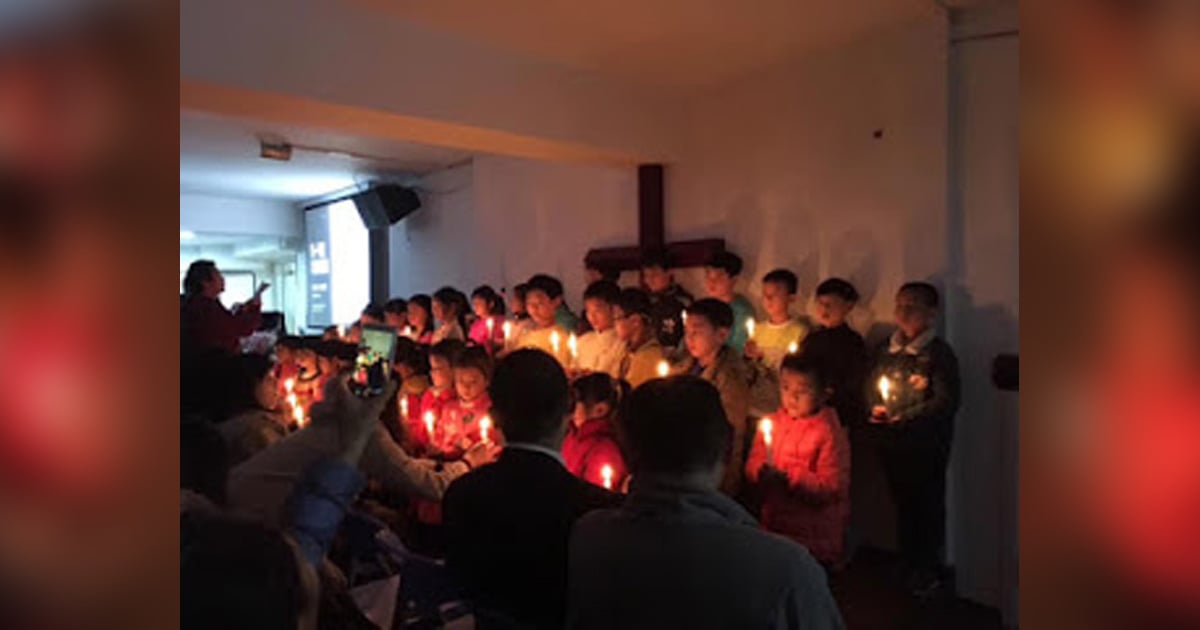
Christians in China faithfully disciple their children.
Photo: ChinaAid
According to an anonymous prayer letter received by ChinaAid, three Christians were arrested and detained on January 18th because they had led children from their church in singing hymns and prayer. The next day, police raided the homes of the three detained church members, who have been identified as Dai Chuanli, Wang Dandan and Ma Jiahui. Each of these believers was given a 15-day administrative detention.
-
Christian Couple Beaten and Threatened
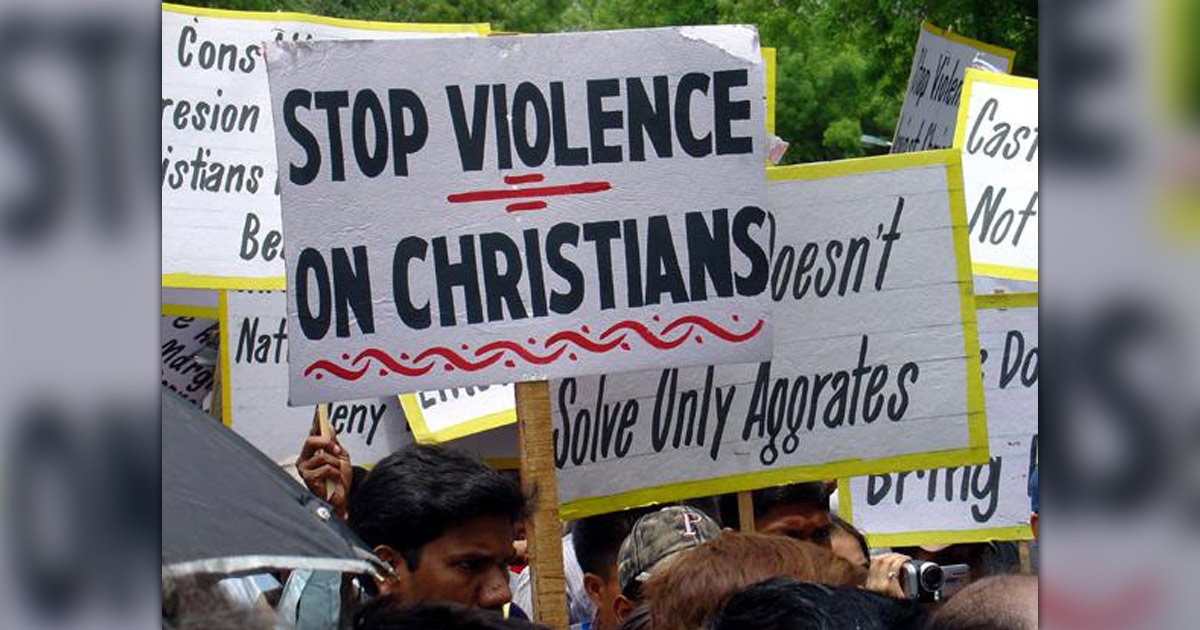
Photo: All India Christian Council A Christian couple in Uppaladinni, Karnataka, was recently beaten for their faith and threatened with death if they continued to practise Christianity. The attack on Vijayalakshmi Chavhan and her husband Ashok happened on January 10th, the day after Vijayalakshmi was accused by several media organizations of conducting forced religious conversions.
-
Patriotic Education Law Takes Effect

The Communist hammer and sickle was
placed next to a church’s sign in 2023.
Photo: ChinaAidIn recent years, efforts by the Chinese Communist Party (CCP) to control all areas of society has increased exponentially. On October 24th, the national legislature passed a "Patriotic Education Law" which took effect on January 1st. The purpose of this law is clear: to ensure that the philosophies and principles of the CCP permeate every facet of society.
-
Church Ordered to Find New Location
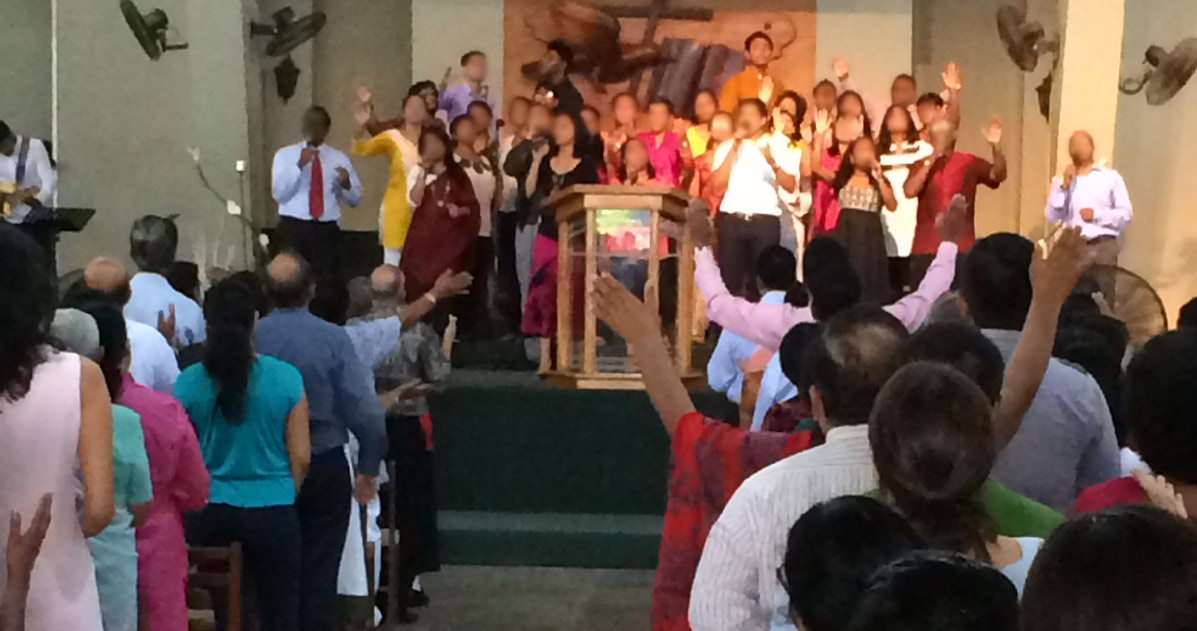
On the morning of December 3rd, police entered the Assembly of God church in the town of Makola, which is located near the Sri Lankan capital of Colombo. The officer in charge questioned whether the service was being conducted legally. Since the believers were in the middle of a worship service, the pastor agreed to report to the police station the next morning.
-
Officials Issue Threats to Church Leaders
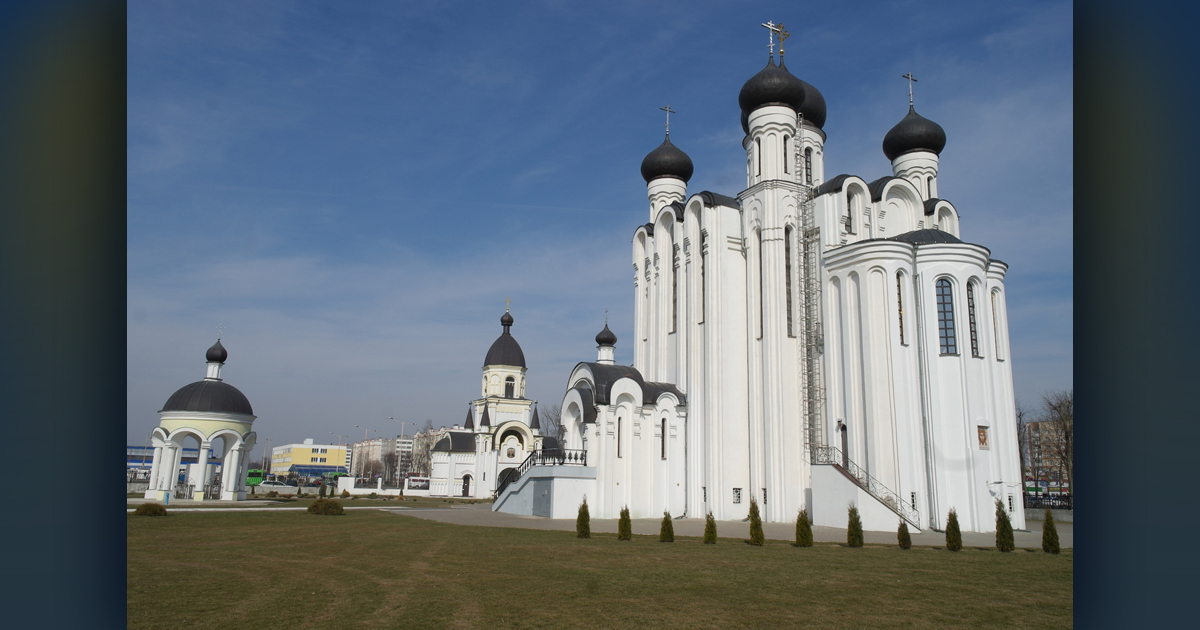
An Orthodox church in Belarus.
Photo: Wikimedia / Horakvlado (cc)On December 20th, a meeting was held for the Minsk Orthodox Diocese. During the gathering, which consisted of more than two hundred priests, Olga Chemodanova from the Ideology Department of the Minsk Executive Committee was invited to speak. She told those present that state agencies were monitoring more than 500 religious communities and openly warned against committing any act that could potentially be perceived as being political in nature, including the use of "non-religious symbols." Her address clearly threatened any church leaders who may be considered "ideologically alien," further indicating that such leaders should expect to serve time in prison.

